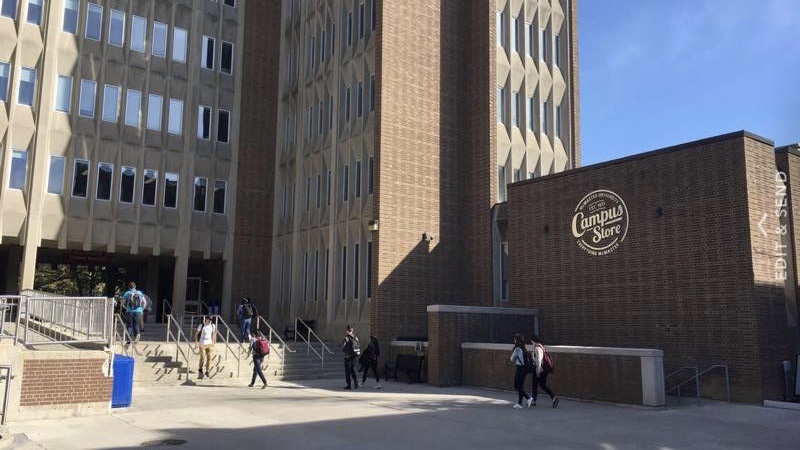
BY SAM SCOTT
Most students pay for tuition, textbooks and living expenses with their own money by working part-time jobs. The stresses of balancing work and school can affect the outcome of an education.
Sheridan provides a number of campus jobs for students with flexible work hours. Postings of all current employment opportunities can be found through the Sheridan Student Union.
Another way that students can work for the school is through the peer mentor program. It helps students by planning events and workshops, and by providing guidance and support to new students.
“I became a peer mentor because I wanted to help students get involved on campus. A lot of students don’t realize the benefits of getting involved and I really want to create more awareness about this,” said Parmin Dhoot, a peer mentor at Sheridan.
In his third year of the BBA – Supply Chain Management program, Dhoot said, “I find that working on campus actually helps me to better balance my schedule. Once I started working, it forced me to prioritize my assignments according to my schedule. I now make it a point to finish assignments well in advance of deadlines so that I can do my best work academically.”
The pay of a peer mentor depends on the department that they work in, which generally is minimum wage.
Not all students that attend Sheridan work on-campus. Many of them have had jobs previous to starting school, and are continuing to work there. Leanna Radice, a first year student in the Social Service Worker program, has been working as a manager at Arby’s for the past three years.

“The main challenges of balancing school and work is trying to get all my assignments done. I find that weekends especially my shifts at work are pretty lengthy and by the time I get off I’m so tired and I don’t have time to do school work or be social,” said Radice.
A lot of the money being made by students is going into their education. However, most students are also struggling to make payments toward a car, gas or even to have fun.
“I need to work while I’m in university because my tuition and my textbooks total over $10,000 per year, so I need money in order to pay for my textbooks and my tuition fees, as well as saving money for a car,” said Michaela Smith

Smith, a second-year student at McMaster University, currently works 10 to 15 hours at Indigo.
Another problem for students is the amount of hours they are able to work during the week. With most being 10-20 hours per week, that doesn’t provide a large income for the amount that students need to pay.
Students that are struggling with the stresses of balancing school and work can find financial help through Sheridan financial or OSAP.
